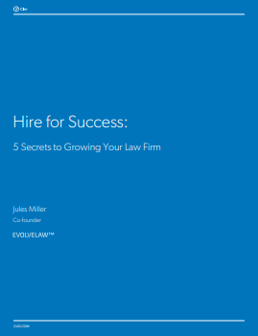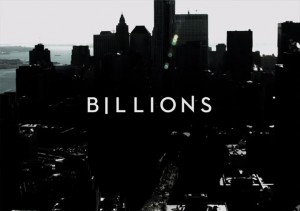
(Photo by Mark Wilson/Getty Images)
The Washington Post did a big profile of Andrew Yang’s aborted Biglaw career and… well, it pretty much sounds like everybody’s aborted Biglaw career. Yes, he had all the credentials. Yes, he made a lot of money. But the feelings of pointlessness and soullessness took hold, and he eventually left Biglaw to find what he really wanted to do.
Yang went to Brown for college, Columbia for law school, and Davis Polk for money. Then, he got off that train. The only significant difference between his story and most is that Yang only lasted five months. Most last a bit longer.
The rest checks out. Here are some quotes from the Washington Post:
He frequently refers to his lawyer days as “the five worst months of my life.”
“Working at a law firm was like a pie-eating contest, and if you won, your prize was more pie,” Yang said in a recent interview on the Acela train from Washington to New York, between hurried bites of a turkey sandwich.
The law jokes play well, especially because seven of the 12 candidates in the last televised Democratic debate have law degrees.
Everybody makes that joke, WaPo.
“It felt very purposeless and empty,” Yang said. “I was looking out at New York and thinking, ‘Wow, is this why my parents came to this country?’ ”…
Yang said he did a “test” with himself to see whether he was in it just for the money.
“I went to Bloomingdale’s and bought my family cashmere scarves and some other nice gifts. Then I brought them to them that weekend, and they seemed to like them,” he said. “And I thought: Is this enough for me to do a job I don’t like? Definitely not.”
After a case unexpectedly settled in the middle of the week, I took the rest of the week off, bought a first-class ticket to Vegas, at the airport, and won about half of it back taking money off of people there for some sort of convention. It wasn’t enough.
Look, we’ve all been there, some people find a way to love what they do. Others find a way to love the money they make while doing it. And a lot of people eventually quit. The best thing about Yang’s story is that he went through the process so quickly. It took me two years to figure out how to get out. It takes others longer. Some people are a decade in before they finally break free.
Often, things work out. Maybe not as well as they’ve worked out for Yang, but in my travels I’ve found that the skills that made people successful Biglaw candidates can be redeployed to make them successful at other things. The training is never really lost, it just has to be re-formatted a bit. As Yang puts it:
He said he doesn’t regret studying law, which made him more “structured and detail oriented.” On the other hand, he said, the cautious analysis taught in law school can get in the way of an entrepreneur who needs to make decisions quickly, often based more on instinct than data. He said he had to “unlearn” some of what his law professors taught him.
Plunge on in, the water’s fine. You almost probably won’t totally drown in debt for the rest of your life.
Andrew Yang was groomed for a high-paying job at an elite law firm. He lasted five months. [Washington Post]
Elie Mystal is the Executive Editor of Above the Law and a contributor at The Nation. He can be reached @ElieNYC on Twitter, or at elie@abovethelaw.com. He will resist.















 Jordan Rothman is a partner of
Jordan Rothman is a partner of 


